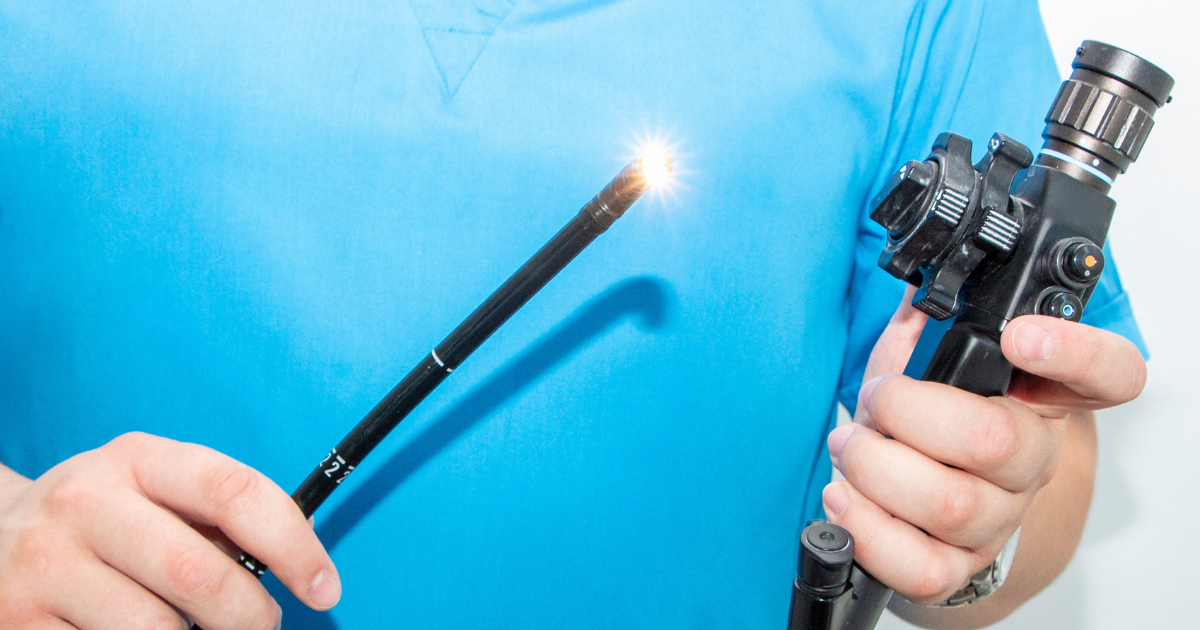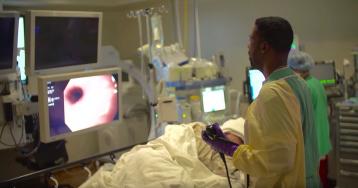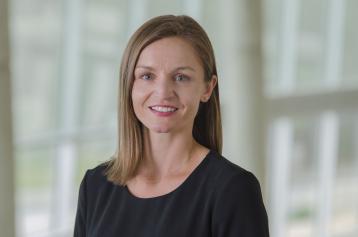I’m scheduled for a colonoscopy – what can I expect?


Colonoscopy literally means “to look inside the colon.” During a colonoscopy, the doctor will place a flexible camera called a colonoscope into the anus and steer it throughout the colon and rectum. It’s very long (it can reach the entire length of your colon), but it’s also very thin. The instrument has a camera and a light, as well as the ability to take pictures and small samples of tissue for biopsy.
The Prep
In order to have a successful colonoscopy, your doctor needs to have a clear view of the inside wall of your colon. Stool in the colon can block your doctor’s view, so your doctor will recommend medications and a diet (a colonoscopy “prep”) to empty your colon prior to the procedure. The prep typically involves following a liquid diet and taking medications on the day prior to the procedure, which will cause a series of watery bowel movements and empty your colon of any solid material which could obstruct the view from the colonoscope.
The Procedure
When you arrive for the procedure, you’ll be given some sedatives to relax you. You’ll lie on your left side on an exam table, and you’ll likely fall asleep. The doctor will insert the colonoscope into your rectum and pump air into the colon to get a better view of your colon’s lining. The doctor will be able to see changes such as polyps, masses, inflammation or hemorrhoids. The doctor can use the scope to take small samples of the colon wall (biopsies) and to remove polyps, ultimately preventing a cancer from developing in that area.

After the Colonoscopy
The entire procedure usually takes 20-30 minutes. Thanks to the sedatives you were given, you’ll likely sleep through the whole thing. Most patients don’t remember anything from the actual procedure.
If any abnormalities were noted during the colonoscopy, your doctor will discuss these with you after the procedure. If biopsies were taken, it will take 3-5 days to get these results.
You’ll need to stay in the recovery area to wake up from the sedative medications, and you’ll need someone to help get you home safely since you may be sleepy from the sedative for a few hours. You may pass a lot of gas (the air the doctor pumped into your colon) during the hours following the colonoscopy.
It’s important to know that if you have a colon or a rectum, you’re at risk for colorectal cancer. Neither your gender nor your age can protect you from this disease. If you are over the age of 50 and have not yet started colorectal cancer screenings, or if you’re having any symptoms that could suggest a cancer, discuss these with your doctor. To schedule a colonoscopy at Nebraska Medicine, call 800.922.0000.


